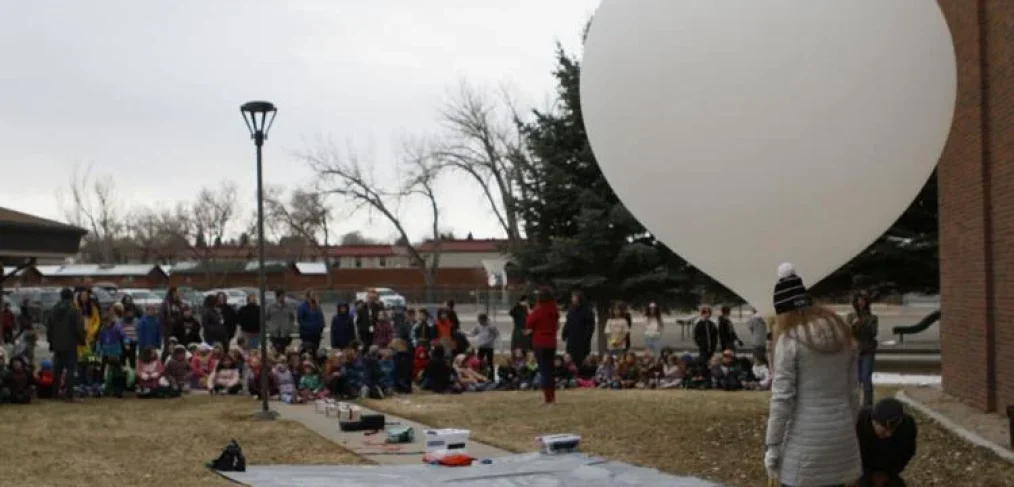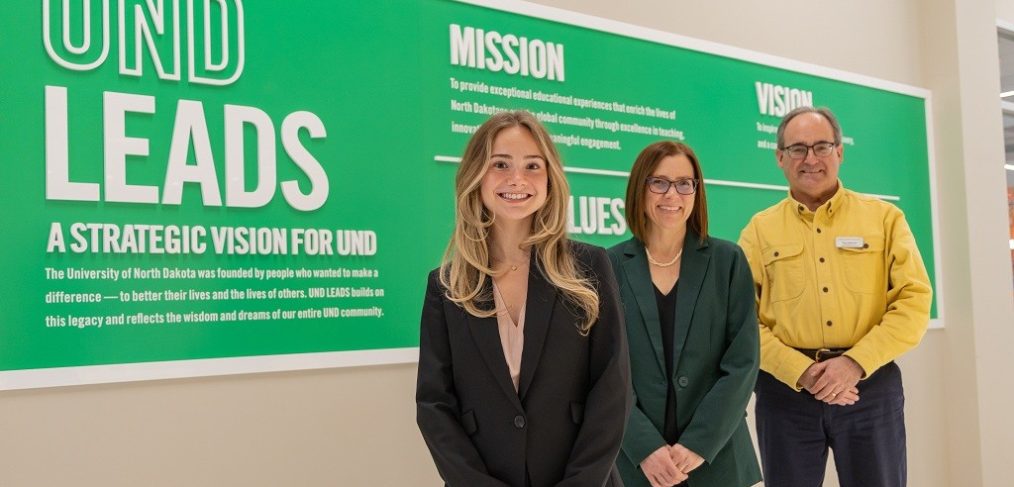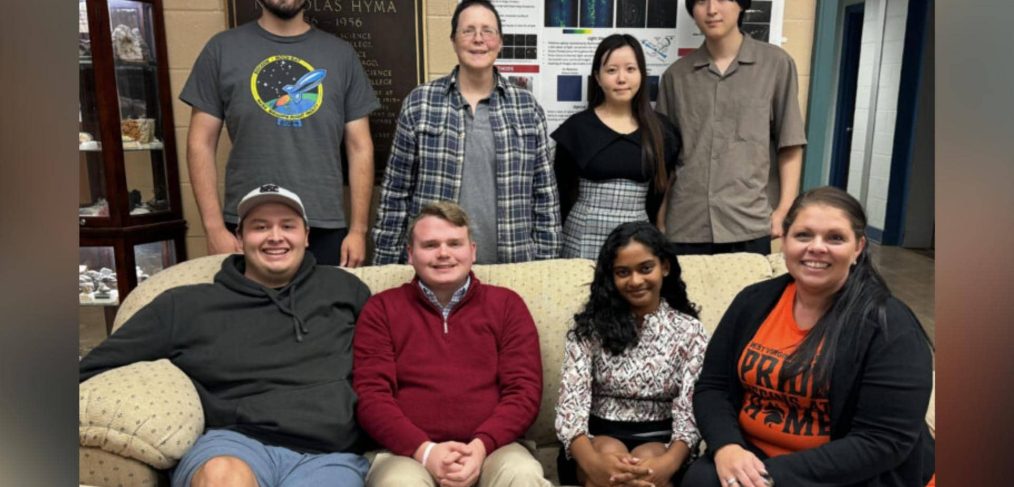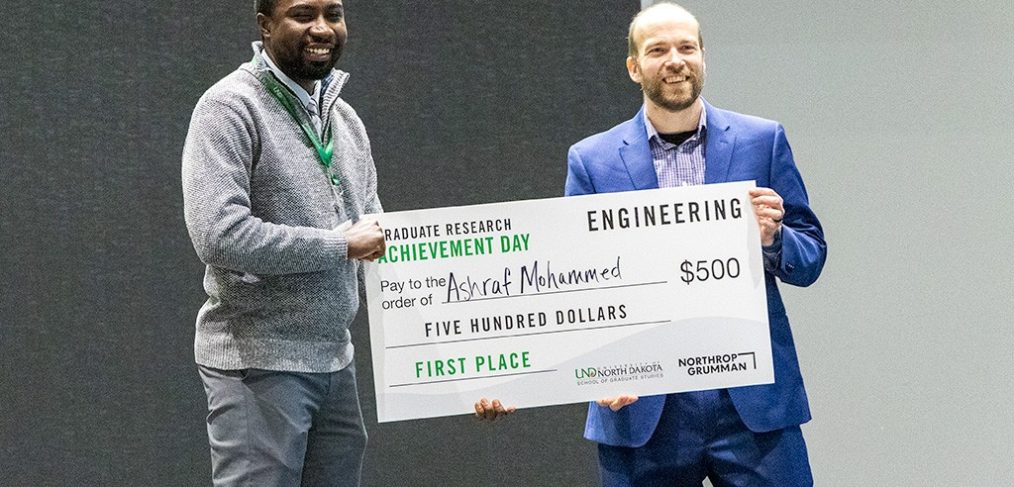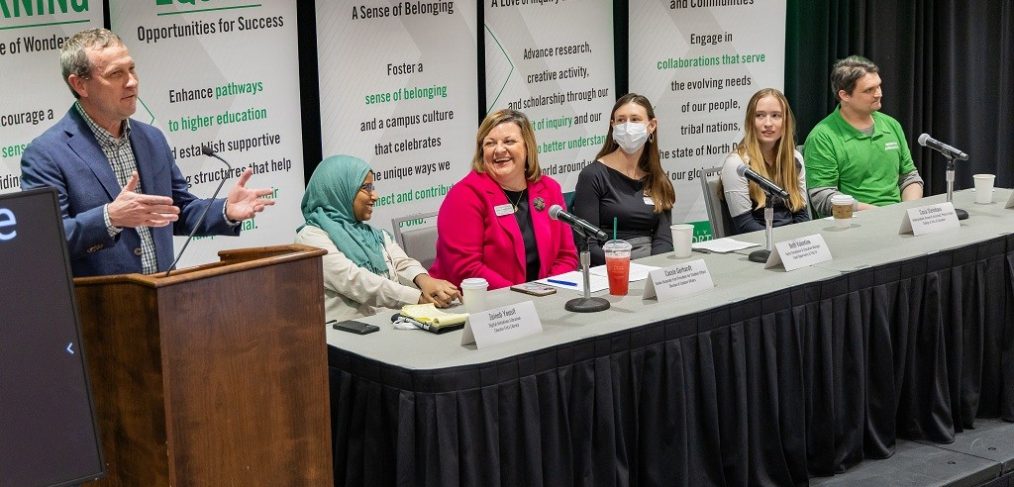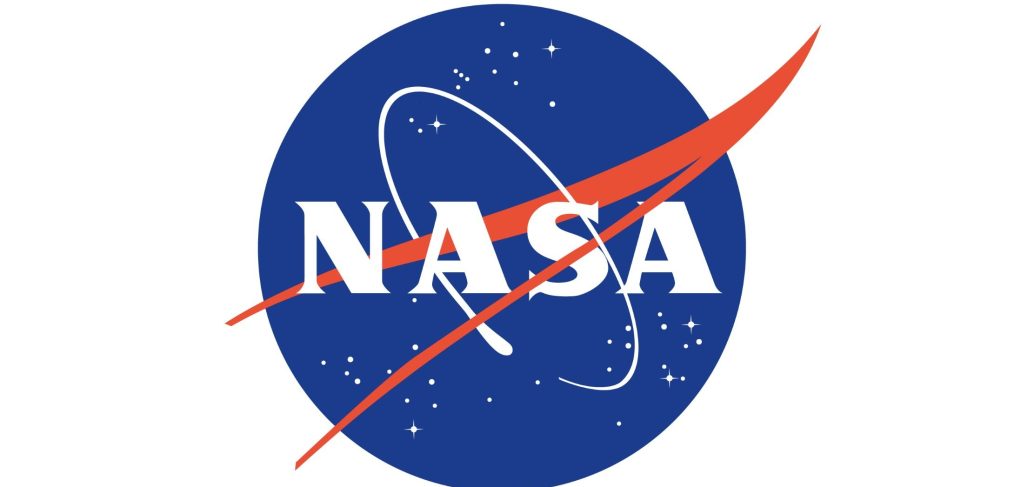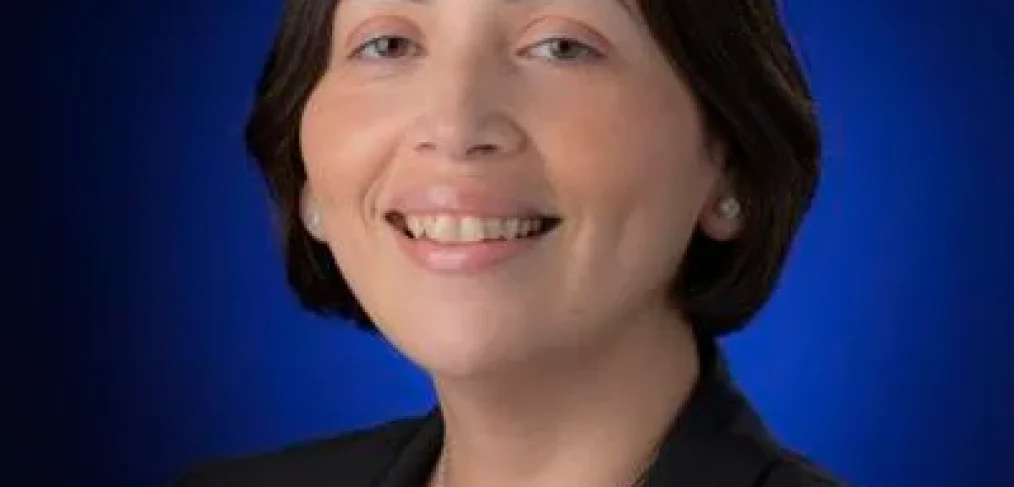University of Hartford Hosts NASA and Its Prime Contractors
More than 100 Connecticut manufacturers and processors converged on the University of Hartford to learn more about how to work with NASA and its prime contractors.
“Doing Business with NASA and Their Primes” was presented by CONNSTEP, Aerospace Component Manufacturers, Connecticut Office of Manufacturing, Connecticut Center for Advanced Technology, and the U.S. Commercial Service.
“We are incredibly excited to welcome NASA, their prime contractors, and CT industry partners to campus for this event,” said Hisham Alnajjar, the dean of UHart’s College of Engineering, Technology, and Architecture and interim director of the NASA CT Space Grant Consortium.
Alnajjar delivered the day’s opening remarks in Wilde Auditorium. He was joined by Connecticut Chief Manufacturing Officer Paul Lavoie, who served as event emcee.
“Since 1991, the University of Hartford has been proud to be the lead institution for the NASA Connecticut Space Grant Consortium, whose office is located on our campus,” said Alnajjar. “This fruitful partnership has led to hands-on learning opportunities that position our students and faculty to be leaders in the aerospace technologies of the future.”
Read the full article on NewsWise.com
Original Post Date: April 15, 2025
Author Credit: University of Hartford
Image Credit: University of Hartford
